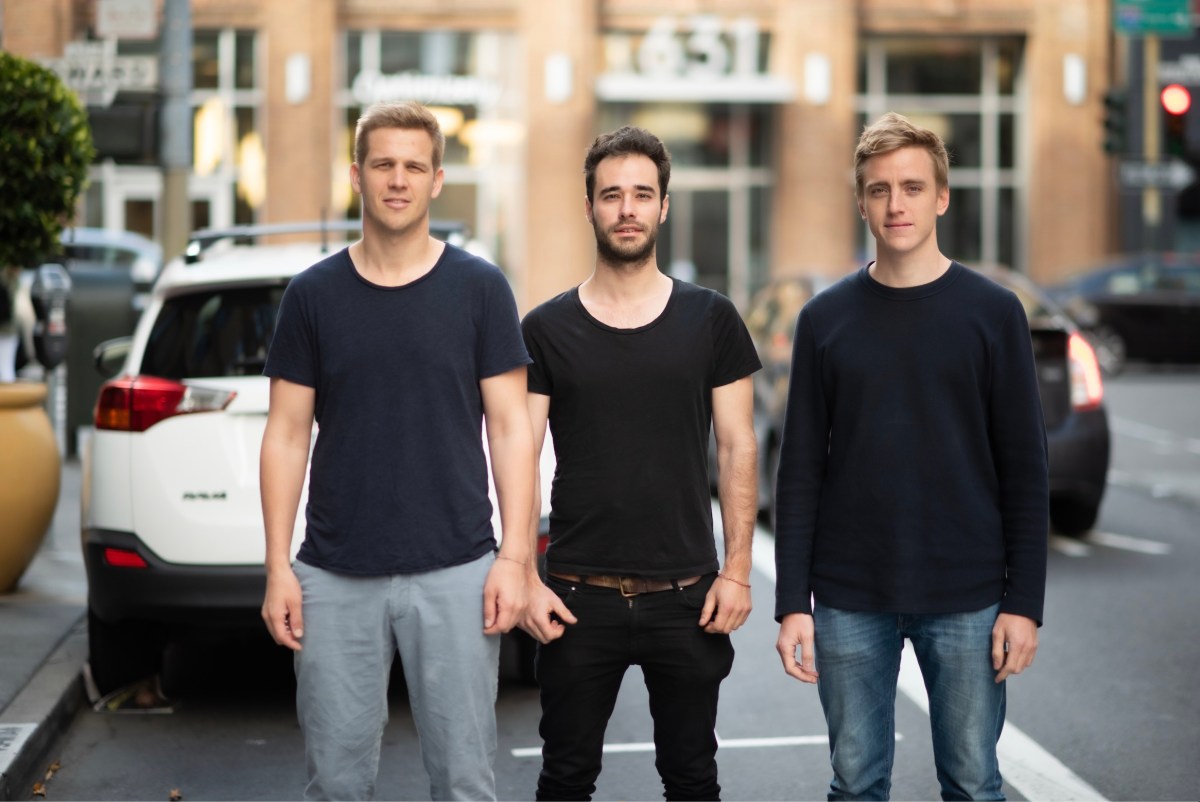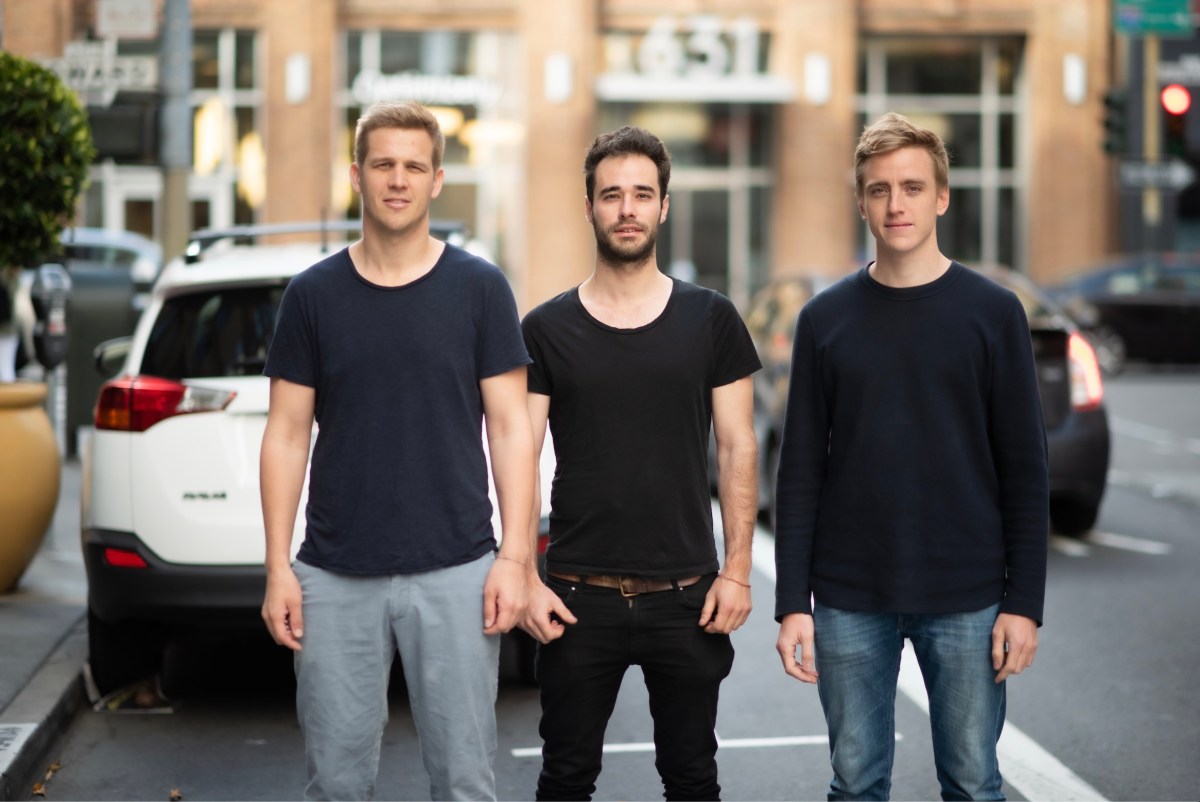Kyte, a self-styled Hertz rival, shuts down after lender repossession and receivership

Kyte, the on-demand car rental startup that once positioned itself as the “best competitor to Hertz,” has shut down its operations in the United States. The closure comes roughly a year after deep layoffs and a retreat to just two markets.
In July, the company sold its customer list to Turo and soon after entered a form of receivership in California following a notice sent to creditors. According to that notice, Kyte fell behind on certain loans earlier this year, prompting its primary lender to repossess and liquidate the company’s vehicle fleet.
Kyte’s board of directors pursued multiple capital lifelines to keep the business afloat but was ultimately unable to secure new financing. The board then voted to wind down the company.
The shutdown has left some customers in limbo. Renters who had prebooked trips before operations ceased say they are waiting on refunds totaling hundreds of dollars. Some have reported success obtaining chargebacks from their credit card issuers, while others have not. Company leadership has indicated that pursuing a chargeback may be the fastest path to resolution for affected customers.
Founded in 2019, Kyte offered rental cars delivered directly to customers’ doors. Unlike peer-to-peer marketplaces, Kyte controlled its own fleet, making its model closer to Zipcar’s than to platforms like Turo. Over its lifetime, the startup expanded to 14 markets, raised more than $300 million, and leaned into the “best competitor to Hertz” positioning.
By 2024, however, the business was under strain. The company struggled to generate free cash flow in several cities, including Atlanta, Chicago, Boston, and Washington, D.C. Leadership explored strategic options, including a potential sale, but ultimately chose to restructure and concentrate on achieving profitability in San Francisco and New York City.
Kyte’s demise is part of a broader shakeout among U.S. mobility and car-sharing startups. Getaround, another well-known brand in the space, shut down its U.S. operations in early 2025 to focus on Europe. In 2024, industry veteran Scott Painter also pivoted away from a vehicle-subscription model after difficulties scaling a business known as Autonomy.
For customers still awaiting refunds from Kyte bookings, keep records of reservation confirmations and communications, contact your card issuer to discuss a chargeback, and monitor statements for any pending credits. For renters seeking alternatives, marketplace platforms and short-term car-sharing services remain options depending on location and trip needs.



